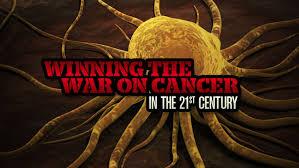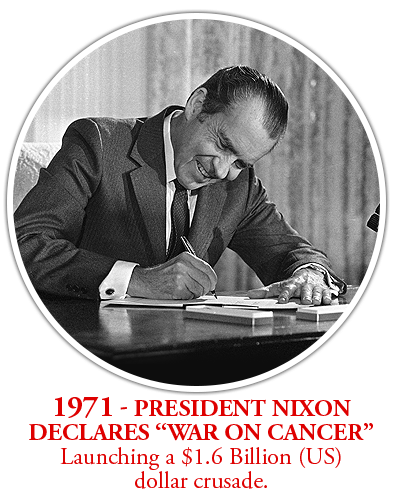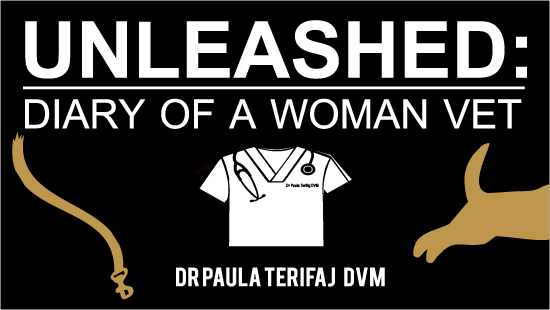“Let food be thy medicine and medicine be thy food.”
– Hippocrates
The best cancer diet for dogs: ketogenic. This amazing diet will work for humans and our pets. Let’s get started! Most of us believe that what we eat, the choices we make every day, can look like grades on a report card – A, B, C, D and F. While I have pretty much eliminated the D’s and F’s (except for ice cream when I hit the summer beaches), I’m an above average B. But this post is not going to be one of those ‘why you should eat such and such’ lectures. It’s not a lecture. I’m going to tell you about how grocery bags can be more powerful than drugs – turning information into a disease fighting weapon.
The Ketogenic diet (https://charliefoundation.org/diet-plans) is not some new fad. It’s not about weight loss or looking younger. It has medical roots that date back to the 1920’s when it was first designed by Dr. Russell Wilder at the Mayo Clinic for the treatment of epilepsy. (I find this timeline more than a coincidence – suggesting that Wilder was likely influenced by Warburg’s energy research at the time). This once-upon-a time diet approach to control seizures prevailed until the pill popping pharmaceutical culture got rolling in the 1940s.
To understand how a carefully crafted diet could stop seizures (and a lot more), you may need to reboot your ideas about fats. Let’s start here. There are good and bad kinds of fat. Good fats are expeller pressed oils from seeds, nuts and fruits like olives and coconuts. Also, meats like oily fish such as salmon, tuna, sardines, mackerel, and trout. Consuming these fats is like filling the tank of high performance race cars with super fuels. These fats are the preferred fuel your body wants to burn. Bad fats are cheap supermarket white oils and margarine – heated and highly processed using chemical solvents. Dirty diesel fuels, if you will. Side note: Commercially made salad dressings are loaded with cheap fats. Stick with olive oil and make your own.
Now, what if I told you that a diet high in good fat, adequate in protein and low in carbohydrates can starve cancer cells. Surprised? To understand why this is true you only need to remember one simple fact: cancer cells thrive on glucose (sugar).
While all carbohydrates can be easily converted into glucose and proteins can supply limited amounts of glucose when carbs run very low, fat cannot be converted to glucose. Fat is the magic carpet ride! Keeping carbs and protein to bare minimum amounts, depletes available glucose. Cancer goes hungry. Another plug for the book, The Metabolic Approach to Cancer – Integrating deep nutrition, the Ketogenic Diet, and nontoxic bio-individualized therapies, by Authors Winters and Kelley.
Following a Ketogenic Diet – high in fat, adequate in protein and low in carbohydrates – turns on an alternative metabolic pathway to produce another type of fuel, ketones. Most likely an adaptation that kept animals living longer in times of starvation, waiting for their next meal. That’s why dehydration kills in a matter of days, but you can live off your fat for months (depending on your size).
Once the diet is started, it will take days, possibly weeks, before the body is fully ramped up to achieve a state of ketosis. (Ketones can be measured in the blood and urine and must be monitored to be sure you have hit the mark and stay in ketosis.) While in the state of ketosis, cancers cells fail to thrive – a solid one-two punch that can keep the cancer at bay. For the knockout punch, add intermittent fasting: The Complete Guide To Fasting – Heal Your Body Through Intermittent, Alternate-Day, and Extended Fasting by fasting expert, Jason Fang MD.
Fang’s book is a fascinating read and welcomed cousin to the principals of the Ketogenic Diet. He illustrates the medical benefits of intermittent fasting to boost the effects of ketosis, successfully treating patients suffering from obesity, diabetes, and other chronic conditions.
Hippocrates got it right. Now, you can too.
Visit the Keto Pet Sanctuary (https://www.ketopetsanctuary.com/ ) for an unbelievable story where rescued dogs with cancer are being treated with modified ketogenic diets and other non-toxic therapies. These dogs are living legends enjoying a good quality of life. My game plan to beat cancer.






